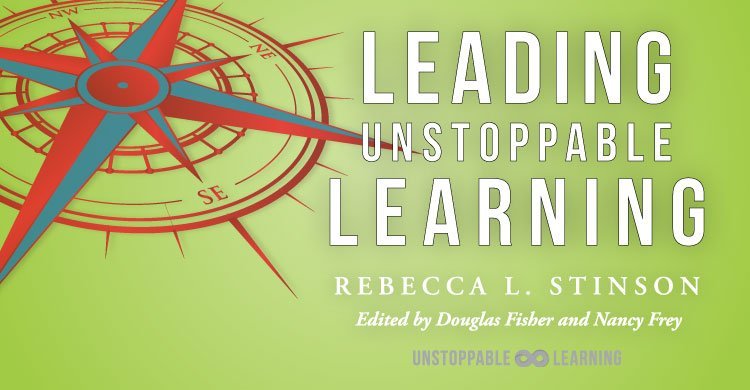What was different and what stayed the same?
Knowing that no human has a perfectly symmetrical face, expectations for schools being identical have little probability. Making the transition from leading in the United States to leading in the Middle East created a perfect opportunity to look at how systems thinking worked in theory, in action, and in another venue. Can you lead a successful school with the same tools and elements? Would it be the unchanged or would it be different?
I noticed the obvious environmental differences such as prayer time in the school to the fundamental similarity that every parent wants the best for their child. For the first time in my career, there was an additional two of me. For every academic administrator at the school there was an administrative administrator and a social worker. So why does this matter? I could finally slay the dragons (focus on curriculum, instruction, and assessment) while my counterparts swatted the flies (focused on scheduling, discipline, and policy).
I no longer had to worry about the water leak in the boy’s bathroom or the recess schedule. I didn’t need to supervise the students during lunch or deal with misbehavior. I focused on teaching and learning! I just had more time on task. I was finally able to dedicate myself to classroom visits, developing professional learning sessions, collaborating with teachers to build strong teams, monitoring expectations, disaggregating data, and coaching. I had the one commodity we all want more of in schools: time. While time alone will never produce desired results, at least it was a positive variable.
As a seasoned leader, there were many instinctive decisions that were made during my tenure in Chicago. Being a systems thinking leader in a new building it was essential to get off to a great start. I invited every teacher to come to my office during his or her free period. I wanted to build trust by establishing relationships with teachers and by taking time to learn the stakeholders. So, I met with all of the teachers and listened to their stories. I heard about their viewpoints on educating students, what effective instruction meant to them, and where they were in their careers. I listened and I learned. I had teachers from around the globe: South Africa, Canada, Jordan, Lebanon, Syria. Everyone had come to this International School for a different reason (challenge, broadening experiences, career aspirations, developing skills, mastering another language, etc.), but with the same purpose, to teach children. I was hired to lead.
The time had come to put my newly completed book, Leading Unstoppable Learning, to the test. I looked at the driving questions for every element: planning, launching, consolidating, assessing, adapting, managing, and leading. When I reread the chapter for planning, I immediately knew I had found the golden egg. As a neophyte in the school, I had to allow myself a period to see where they were with curriculum; read through, observe the development of, and make decisions about the scope and sequence, the unit plans and the lesson plans. It was essential to get a feel for the school’s direction. Looking at the big picture and dissecting the school improvement plan afforded me an even clearer lens. Disaggregating the data allowed me to see even deeper into the needs of the school. Walking in and out of classrooms gave me a vibrant indication of some trends of instruction.
Reflective symmetry in schools is impossible, but in leadership there is an undeniable similarity. As a leader, I found I changed very little about myself. Sure I had some legwork to do, after all I needed to guarantee students experienced lessons that were standards based and create the best opportunities for teacher growth through improved instruction. I found the same questions swirling around in my mind in the Middle East; how will I systemically support and coach teachers for improved teaching and learning? How will I ensure I am an Unstoppable Leader for Unstoppable Learners?
[author_bio id=”325″]







Rebecca,
Your work with teachers in the US or elsewhere proves a commitment to teaching the students assigned as a charge taken seriously. Most teachers want to reach their students and when they can’t, they find hope in leaders like you who are there to assist them. Continue to learn from your experiences and assist others in the journey towards “unstoppable learning”.
DPHW, Ph.D.